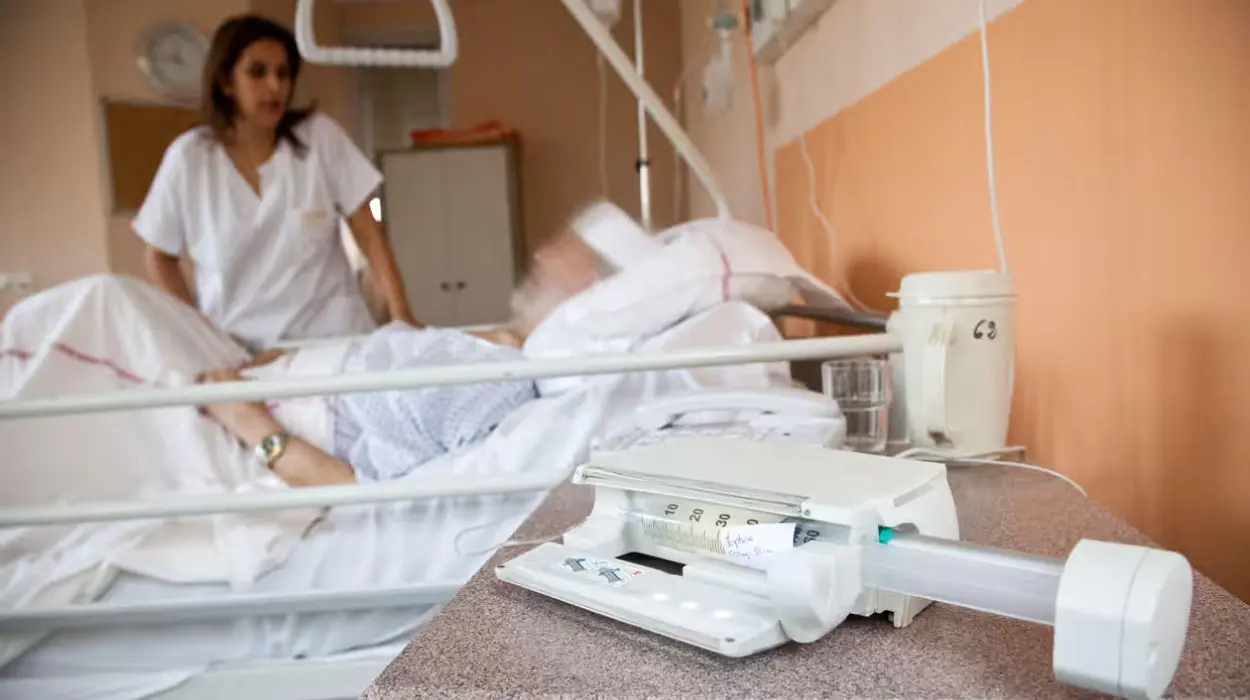London (Parliament Politics Magazine) – MPs from both sides are divided over the assisted dying bill but stress the importance of enhancing palliative care funding to ensure end-of-life support.
The historic vote by MPs in favour of legalizing assisted dying in England and Wales has sparked strong reactions.
Senior doctors urge the government to prioritize reforming the palliative care system, now that MPs have supported changing the law to permit assisted dying.
The Association for Palliative Medicine (APM) warns that resources required to back doctors and the courts to support assisted dying could divert funds from essential palliative care services.
The assisted dying bill, which would allow terminally ill adults to request to end their lives, was supported by MPs on 29 November, with 330 votes in favour and 275 against.
The bill will now undergo months of debate and scrutiny by MPs and peers in the coming months, which may propose amendments, and must be approved by both Houses of Parliament before it becomes law.
During the assisted dying bill discussion, Moran urged Health Secretary Wes Streeting to “put firm commitments on palliative care on the table,” accusing the government of providing only “woolly words about how they are actually going to tackle this.” The chair of the Health and Social Care Committee said, “I say to the secretary of state, who is in his place: the gauntlet has been thrown down.”
On Saturday, while speaking on BBC Radio 4, Ms Moran shared her disappointment at the lack of a policy announcement from Health Minister Streeting.
Kevin Yuill, head of Humanists Against Assisted Suicide and Euthanasia in Durham, expressed disappointment over the results of the vote but remains optimistic that the bill may not pass.
During a joint interview on BBC Radio 4, Layla Moran and Diane Abbott, both called for increased funding for end-of-life care.
Abbott raised concerns that vulnerable individuals may choose assisted dying when what they need most is better access to hospice and proper end-of-life support.
As reported by the BBC, Dr Sarah Cox, president of the Association for Palliative Medicine (APM), which is against the assisted dying bill, called on Health Minister Wes Streeting to focus on palliative care, stating, “He cited inadequate palliative care as a reason for not supporting assisted dying. Now is the time to fix that.”
Ms Sarah further highlighted that the UK, once known for world-class palliative care, is no longer meeting that standard due to insufficient funding.
Speaking to The Independent, Patricia Donoghue, 70, who supports assisted dying after her husband Kevan’s painful death in 2015, called the vote result “amazing news.”
The Church of England’s Dame Sarah Mullally urged that safeguarding the vulnerable “must now be our priority,” as Bishop John Sherrington of the Catholic Bishops Conference appealed to Catholics to “pray that members of parliament will have the wisdom to reject this bill at a later stage.”
When asked about a vote from the CEO of Christian, he described the day as a “very Black Friday for the vulnerable in this country.”
Sir David Davis, a Conservative MP, pledged his support for the assisted dying bill while stressing the need to give more time for discussion on the bill.
Mr David stated he had changed his stance on assisted dying, balancing his belief in the “sanctity of life” alongside the need to prevent suffering and confirmed his support for the bill’s progress through parliament.
A Labour MP, living with a disability, expressed support for the assisted dying bill, and stated this decision as “one of the hardest I’ve ever made.”
Sir John Hayes, a former Conservative minister, predicted the bill would permanently change the clinician-patient relation, stating, “It tells the NHS that its duty is not only to preserve life, but sometimes to end it.”
Mr Streeting and former Prime Minister Gordon Brown have suggested the need to enhance palliative care before legalizing assisted dying, while Dr Simon Opher, a GP and Labour MP for Stroud, argued that assisted dying could be a valuable “tool” in palliative care.


